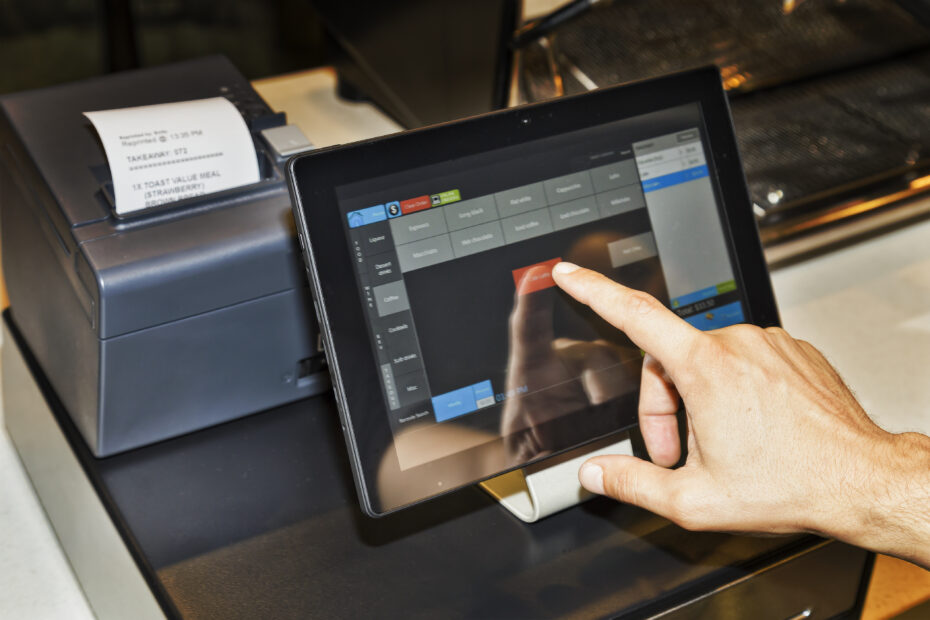The growing pains that an e-Commerce business experiences can only be alleviated by adopting an ERP solution along with an eCommerce system integration. This integration allows businesses to control, organize, and better integrate their processes and data. Most importantly, they are able to deliver a more refined experience for their customers.
What Is An ERP?
If you are new to these types of processes, let’s dive into what an ERP actually is. An ERP or (Enterprise Resource Planning System), is essentially a set of software modules that businesses use in order to manage their everyday operations such as: accounting, procurement, project management, supply chain operations, compliance, risk management, etc.
The Challenges Tied To ERP And e-Commerce Integration
Although this sounds like a miracle in a bottle solution, it is not without shortcomings. Here are six of the most prevalent challenges of integrating an ERP with an e-Commerce business.
- Vague Requirements
Businesses do spend enough time with their integration partners. As a result, partners have a very nebulous understanding of the businesses’ specific needs and integration requirements. This results in a sudden surge in costs, increased effort, and integration project delays. Partners must be informed about the integration requirements. They should be clear as to what challenges the ERP should solve.
- Have Objective Behind Integration
Businesses should have a clearly defined goal that is to be addressed by the integration. These expectations must be able to be measured quantitatively. Is it an increase in sales? Improved customer experience? A percentage increase in growth?
- Selecting Certain Business Processes For Integration
Businesses struggle with identifying which processes need integration. If businesses choose to integrate “too much functionality”, the result will be an escalation of cost. Moreover, the management of the integration itself also becomes increasingly more difficult.
- Not Understanding Customizations
ERP solutions come in two different modes. The first is the “out of the box” version, where it can be instantly applied with just the basic functions. The second mode involves having it heavily customized to address specific processes within a company. However, if it becomes too heavy with customizations, it can greatly affect the company’s integrations, increase its cost, and cause delays in its integration.
- Lack Of Adequate Testing
Testing in order to have an effective integration seems to be neglected. This causes the ERP and e-Commerce integrations to be delayed. Testing is an imperative step that determines whether or not the integration is actually meeting the business goals.
- Pricing
Once a business introduces a more convoluted price structure, the integration equally gets complicated. There are some businesses that require syncing things like price groups, lists, price levels, and remaining credit, just to name a few. All this information should be coming out of the ERP and go into the e-Commerce solution. Through this integration, you should be able to manage or modify this data.
Think About The Challenges
In order to successfully integrate an ERP solution with an e-Commerce platform, it requires the business owner to take careful consideration of the aforementioned challenges.
With a clearly defined and quantitative goal, a business will be better positioned to incorporate the right solution, paving the way to more sales and business growth.

